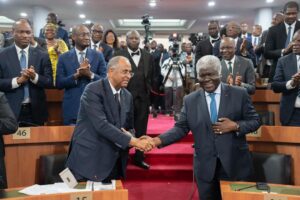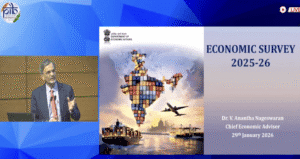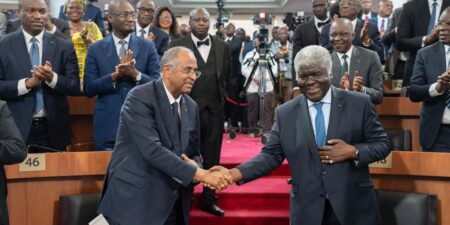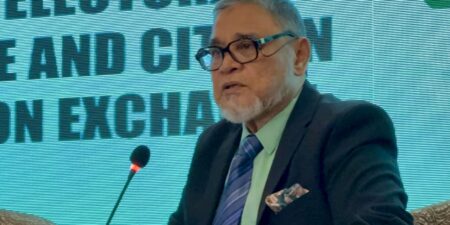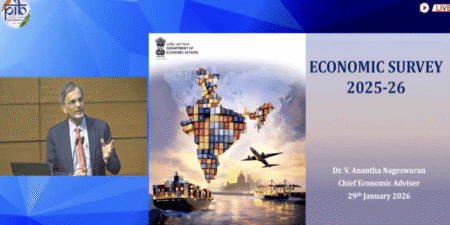
Bangladesh Tables Annual Budget Amid Systemic Challenges

BowerGroupAsia wrote an update to clients on Bangladesh’s annual budget for the 2025-26 fiscal year.
Context
- The finance adviser of Bangladesh’s interim government, Dr. Saleh Uddin Ahmed, presented an annual budget of BDT 79 trillion ($646.3 billion) for the 2025-26 fiscal year during a televised address June 2. The draft may be adopted June 22. The proposed budget is just 1 percent smaller than the budget for the current year, which was adopted by the previous government of Prime Minister Sheikh Hasina, who was ousted last year following a mass student-led uprising.
- The budget’s 5.5 percent GDP growth target is optimistic compared to the International Monetary Fund’s projection of 3.8 percent growth, and it aims to lower inflation to 6.5 percent. Its main spending areas are interest payments (15 percent), education and technology (14 percent), subsidies and incentives (11 percent), transport and communication (8 percent), health (5 percent), defense (4 percent) and energy (3 percent).
Significance
- The Hasina government’s abuse of the financial sector led to demands that the interim government chart a new course to alleviate economic hardships, including high inflation and low investment. It was also expected that the new budget would align with the government’s reform initiatives.
- Nevertheless, it appears that the budget has set stability as its goal instead of initiating bold reforms in line with youth demands. The finance adviser has confirmed that stability and the public welfare were prioritized over mega projects.
Implications
- Members of the business community were upset about the increase in turnover tax from 0.6 percent to 1 percent, which they characterized as punishment at a time when many of them are struggling for survival. Ready-made garment sector stakeholders criticized the proposal to impose duties on the import of cotton and synthetic yarn and fiber amid pressure from potential U.S. tariffs. They believe it would prevent the diversification of export items and reduce Bangladesh’s competitiveness in the global export market.
- The Foreign Investors Chamber of Commerce and Industries noted the negative impact of increased duties on publicly listed companies in the stock market that have less than 10 percent of shareholding with an addition corporate duty of 7.5 percent. It also said that increasing the online business duty from 5 percent to 15 percent would hurt the country’s rapidly growing online business sector.
We will continue to keep you updated on developments in Bangladesh as they occur. If you have any questions or comments, please contact BGA Head of Research Murray Hiebert at mhiebert@bowergroupasia.com.
Best regards,
BowerGroupAsia

Murray Hiebert
Head of Research
Murray is a top Asia expert and skilled researcher with three decades of experience living and working in Asia. His networks in business, media and government circles are deep and wide-ranging. He is also a senior associate of the Southeast Asia Program at the Center for Strategic and International Studies (CSIS) in Washington, D.C. Earlier he served as deputy director of the program for six years. Prior to joining CSIS, Murray served for five years as senior director for Southeast Asia at the U.S. Chamber of Commerce where he worked with leading American companies, the U.S. government and Southeast Asian ... Read More
×


















